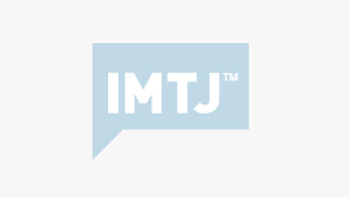DocDoc, Asia’s largest medical information platform, has raised S$11.5M to further accelerate its growth across the region.
DocDoc processes thousands of patient bookings a month and currently operates in Indonesia, Singapore, Malaysia, Thailand, Philippines, Hong Kong, South Korea and India.
The funding will be used to expand DocDoc’s presence in the eight countries it already operates in and enter new markets.
DocDoc founder Cole Sirucek explains, “South East Asia is the capital of the world for medical tourism and so it makes a lot of sense that the world’s leading doctor discovery engine comes from here in Singapore. Our mission is to help South East Asia bolster its leading medical tourism position by effectively marketing the scale, scope and sophistication of the region’s medical establishment.”
DocDoc is a company whose time has come as consumers increasingly turn to the Internet to find out relevant information in selecting their doctor.
It is a free service to customers that enables patients to credibly research qualified health care professionals and understand their clinical interests, sub-specialties, assess their academic credentials and achievements, and book an appointment with a doctor or dentist via any internet connected device or use concierge services.
DocDoc was founded to transform the healthcare experience enabling improved accessibility and promoting informed patients within Asia Pacific’s difficult to navigate healthcare markets.
Patients are able to see wellness tools, information on procedures or conditions, specific care guidelines, as well as access to specialty information centres.
DocDoc launched in late 2012 and soon merged with local rival DoctorPage.The company has connected 15,000 patients with doctors in the past six months. In Singapore, where the company is based, DocDoc charges an S$299 monthly fee to doctors for its services. In other countries it takes a variable fee on referrals. There are 500 paying doctors on the service and another 20,000 in the company’s global directory.
As for what patients are looking to find, Sirucek says, “In Indonesia or other developing countries that have an inadequate infrastructure, it tends to be liver transplants, kidney transplants, and oncology. In developed markets elective surgery is more important.”
Indonesia is currently a priority for the company, as it looks to expand regionally and ultimately the goal is to be the go-to provider of doctor referrals in local markets.








 ©2024 All rights reserved LaingBuisson
©2024 All rights reserved LaingBuisson 


